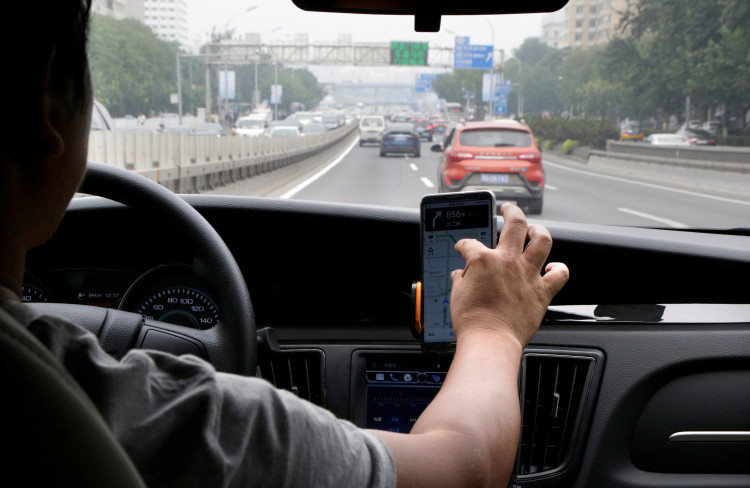Part-time ride-hailing will soon come to an end as the Chinese government heightened their policies for the ride-hailing industry. China's ride-hailing apps will soon start banning drivers from picking passengers unless they have a driver's license and the car's license to operate.
The ride-sharing gig is one of the means of many Chinese workers to get extra cash. Didi Chuxing serves 90 percent of China's e-hailing trips when they started in 2017. According to a report by Didi in October 2017, most of its drivers are part-timers working less than two hours a day.
The reports labeled Didi as the epitome of China's "sharing economy" in which China has been promoting. According to a report made by China's Sharing Economy Research Center of the State Information Center, Didi business that includes platforms from mobility to elderly care services garnered $764 billion in 2017.
China's new regulations will soon end the gig works in China's fledgling ride-hailing industry. On January 1, the ride-hailing apps in China implemented regulations that require drivers "double licenses". A driver needs to have a driver's license and a license of the car being steered. The new regulations aim to protect the users of the platforms.
Drivers need to be cleared from any criminal record to obtain a ride-hailing driver's permit in some cities in the country. In other cities drivers needs to obtain a local hukou, a residency permit that directs people where to work legally. Many of the drivers don't have the permit since they are migrant workers from the rural parts of the country making them ineligible for ride-hailing apps.
The car license is also needed that proves that the vehicle can operate as a commercial one. The permit brings additional costs to the drivers to be added to the costs of car insurance and maintenance only to be scrapped after 8 years.
The new legal policy allows the drivers to work as independent contractors. The new law, however, will cast-out casual workers. According to a Shenzhen-based Didi driver, no part-time drivers will register their private cars as a commercial one because of the high costs that come with it.
The ride-hailing business in China took-off quickly like other emerging industries because of the lax government oversight at the start. The first set of laws rolled out for the ride-hailing industry took effect in 2016. Chinese authorities rolled out more rules and regulations since then.





